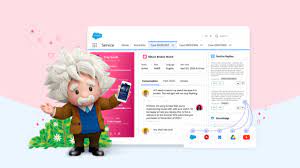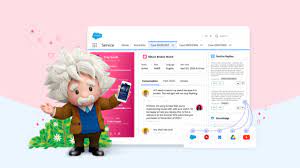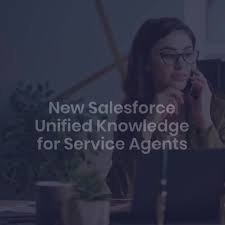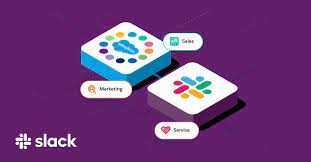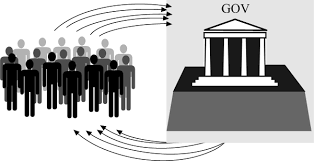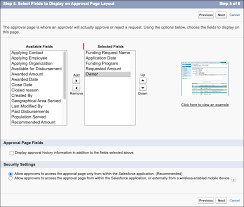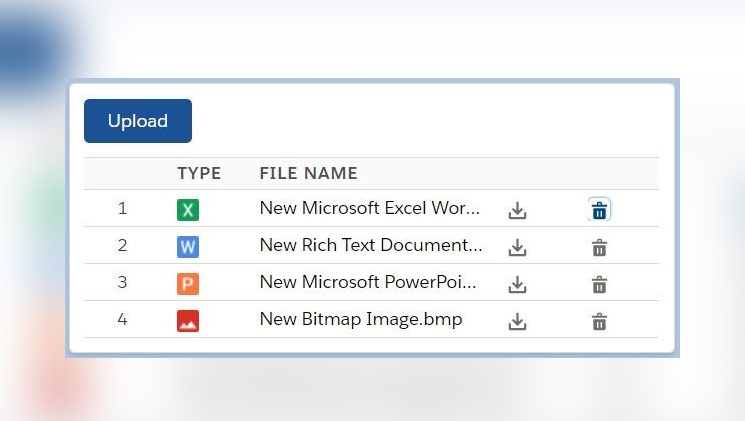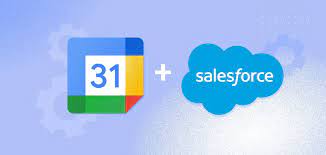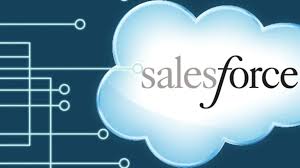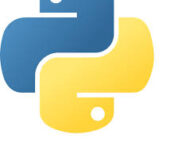Google Agentspace
Google Agentspace: Boosting Productivity with AI-Powered Agents Google has unveiled Agentspace, a cutting-edge tool designed to revolutionize workplace productivity by combining the power of AI agents, Google Gemini 2.0, and its advanced search capabilities. This tool aims to streamline workflows, enhance information discovery, and empower enterprises to unlock the full potential of their data. What is Google Agentspace? Google Agentspace is an enterprise-focused productivity platform that simplifies complex tasks involving planning, research, and content generation. By integrating AI-powered tools like NotebookLM Plus, it enables employees to uncover insights, interact with unstructured and structured data, and make informed decisions—all in one centralized platform. Key features include: Core Benefits of Google Agentspace 1. Streamlined Information Discovery Employees often waste hours sifting through fragmented data in emails, documents, and spreadsheets. Agentspace serves as a centralized knowledge hub, offering conversational assistance, proactive suggestions, and actionable insights from both unstructured and structured data sources. With pre-built connectors for tools like Google Drive, Jira, Microsoft SharePoint, and ServiceNow, Agentspace ensures seamless integration with existing systems, providing employees with relevant information faster. 2. Enhanced Multimodal Capabilities Agentspace leverages Google’s search expertise and Gemini 2.0 to provide advanced reasoning capabilities. Employees can query in multiple formats (text, audio, video), translate information into different languages, and generate audio summaries, enhancing productivity and accessibility. 3. Task Automation Across Departments Agentspace empowers teams across various functions to automate repetitive tasks, such as: 4. Scalable AI for Enterprises Agentspace offers a low-code visual tool for creating custom AI agents tailored to specific business needs. These agents can automate multi-step workflows, conduct in-depth research, and assist with data-driven content generation, enabling enterprises to scale AI adoption effortlessly. Security and Responsible AI Google Agentspace is built on Google Cloud’s secure-by-design infrastructure, ensuring that enterprises can deploy AI tools with confidence. Key Security Features Google is also addressing responsible AI concerns with tools for evaluation, content moderation, and bias mitigation, ensuring ethical and explainable AI use in the workplace. Use Cases Google Agentspace provides solutions tailored to various enterprise needs: Challenges and Future Directions Despite its potential, Agentspace faces hurdles such as employee training and adoption. Organizations must ensure that employees understand how to incorporate the tool into their daily workflows effectively. Moreover, Google’s approach to responsible AI will be closely scrutinized. Addressing issues like explainability, bias prevention, and robust data infrastructure will be crucial for building trust and driving adoption. Early Access and the Road Ahead Google is offering early access to Agentspace, allowing enterprises to explore its potential and provide feedback. As AI continues to reshape the workplace, tools like Agentspace position Google as a leader in productivity-enhancing solutions for businesses. For enterprises looking to harness AI to unlock creativity, improve decision-making, and automate workflows, Agentspace is the next step in digital transformation. Sign up for early access today to bring the future of work to your organization. Like Related Posts Salesforce OEM AppExchange Expanding its reach beyond CRM, Salesforce.com has launched a new service called AppExchange OEM Edition, aimed at non-CRM service providers. Read more The Salesforce Story In Marc Benioff’s own words How did salesforce.com grow from a start up in a rented apartment into the world’s Read more Salesforce Jigsaw Salesforce.com, a prominent figure in cloud computing, has finalized a deal to acquire Jigsaw, a wiki-style business contact database, for Read more Health Cloud Brings Healthcare Transformation Following swiftly after last week’s successful launch of Financial Services Cloud, Salesforce has announced the second installment in its series Read more






